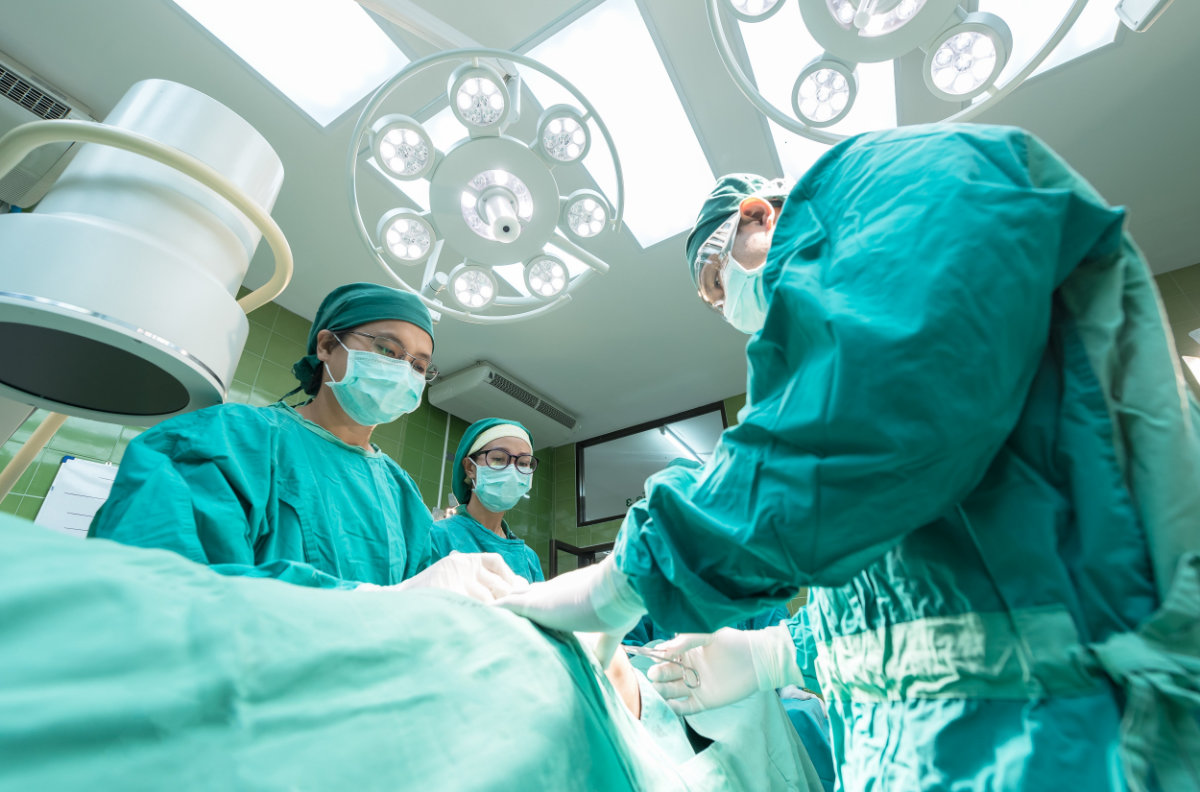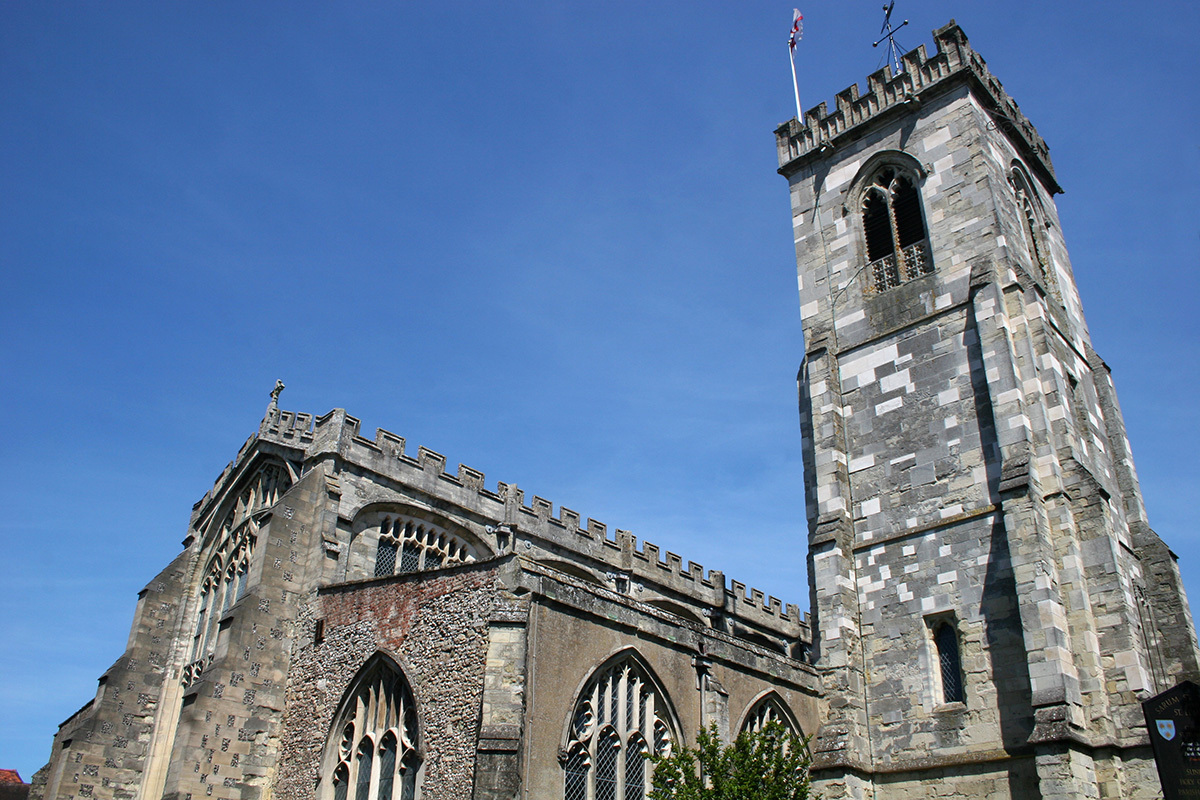A surgeon's story - dealing with tremor
Ashwinikumar Pawade, retired surgeon talks about his experience with tremor, the impact that it has had on his career and the journey that has led to something entirely different.
I remember the day I noticed it first. It was on a teaching video I had prepared which showed me performing a complex operation on the heart of a new born child; I noticed a peculiar, almost a pill rolling, movement of my left thumb on the screen. The movement was being magnified by the pair of forceps I was holding. I had not been aware of it before. I also noticed that the right hand was perfectly steady.
I was then working as a consultant paediatric cardiac surgeon at Bristol Children’s Hospital. I had been appointed in 1995, in the wake of the “Bristol Heart Scandal’ - the public outcry when it was discovered that a large number of children undergoing complex heart surgery in Bristol were dying. My job was to turn the unit around and I was the only surgeon left as the others were stopped from working. Fortunately, the performance of the unit improved in my care and we were soon regarded as the best in the country; the tremor obviously had not affected my dexterity.
Over this period, I had been under intense scrutiny from various quarters including the media, the parents, the management and the government. I also went through a divorce, and changed my house twice staying in temporary rental accommodation. Stress had therefore been a part of my life, although there was some mild exacerbation of my tremor with stress. Some of it was borne out by my impatient nature; but it was always mild and did not affect my performance. I had developed an art of shutting out all my problems outside the operating theatre, concentrating on the job at hand.
Soon after the first series of events, I noticed that my tremor had worsened enough to worry me when performing operations on small babies. I felt obliged to address my tremor immediately lest I should harm my patients. I saw a number of experts and underwent a series of investigations. The final verdict was - Benign Hereditary Tremor. Although I was concerned only about my left thumb, the neurologists could detect a generalised tremor including titubation of my head. I rang my younger brother in India (my father had died young); and he told me that he had suffered from it for a decade. Propranolol did not agree with me as it made me feel giddy and this was a particular problem when operating on babies. We have to alter the ambient temperature of the operating theatre during these operations and I was comfortable while it was cool but I would feel faint as the theatre was rewarmed. In the best interest of all concerned, especially my patients, I decided to stop operating on babies below the age of 1 year. I had a feeling that the external exacerbating factors would not change, if anything, they would worsen with time - unfortunately I was to be proved correct.
According to the new job plan, I continued to operate on older children and adults with congenital heart disease and I also took on the responsibility of mentoring the newly appointed consultant. I took Propranolol when I was assisting him but would leave the table when the theatre was being rewarmed because by then most of the delicate part of the operation was usually over. I started reading for MBA to prepare me for a change of career to medical management at a later date.
I was in this new steady state for a year when there was another avalanche of problems but this time they broke my back. I remember the day vividly. I was shaking like a leaf. I could actually feel the titubation and my daughter noticed twitching of my face. I was in no fit state to operate and I cancelled my next operating list. My GP felt very strongly that I should distance myself from the damaging stimuli and he gave me time off work. The processes which designed to help me come to terms with the events in question only made my tremors worse. I was referred to a neurologist who stopped me from operating altogether. I decided to leave the NHS although by that time I had completed two thirds of my MBA modules - most of them with distinctions - I retired on health grounds in April 2008.
I am now a part of a charity programme. We go around the villages on the fringes of the Tiger reserves in central India and teach the local school children the importance of forest conservation. Thankfully my tremors are now minimal; I am not on any medication and I have never operated again.
Upon reflection, I would have chosen another career had I known about the existence of this problem in my family. I am certainly dissuading my doctor daughter from any career requiring fine manual dexterity. I had managed to find a state of equilibrium where ‘normal’ professional stresses did not affect me. I believe that I could have carried on for years had it not been for the avalanche of ‘abnormal stresses’. Having moved away from the offending stimuli, I have now reverted, to what for me is a ‘normal’ state.
Besides charity work, I am now a full time kept man - hard work that - but something I regard as a ‘normal stress’!













